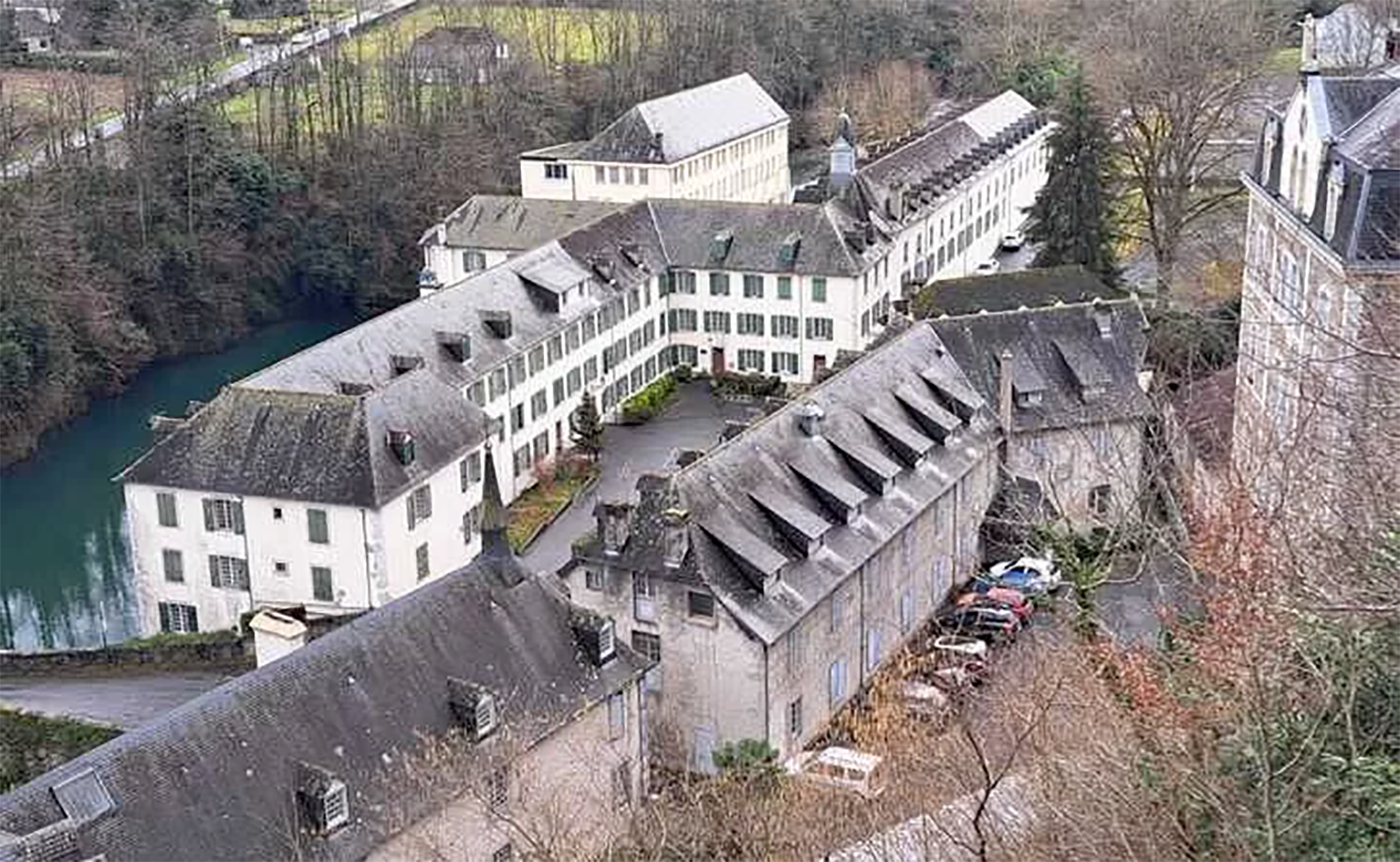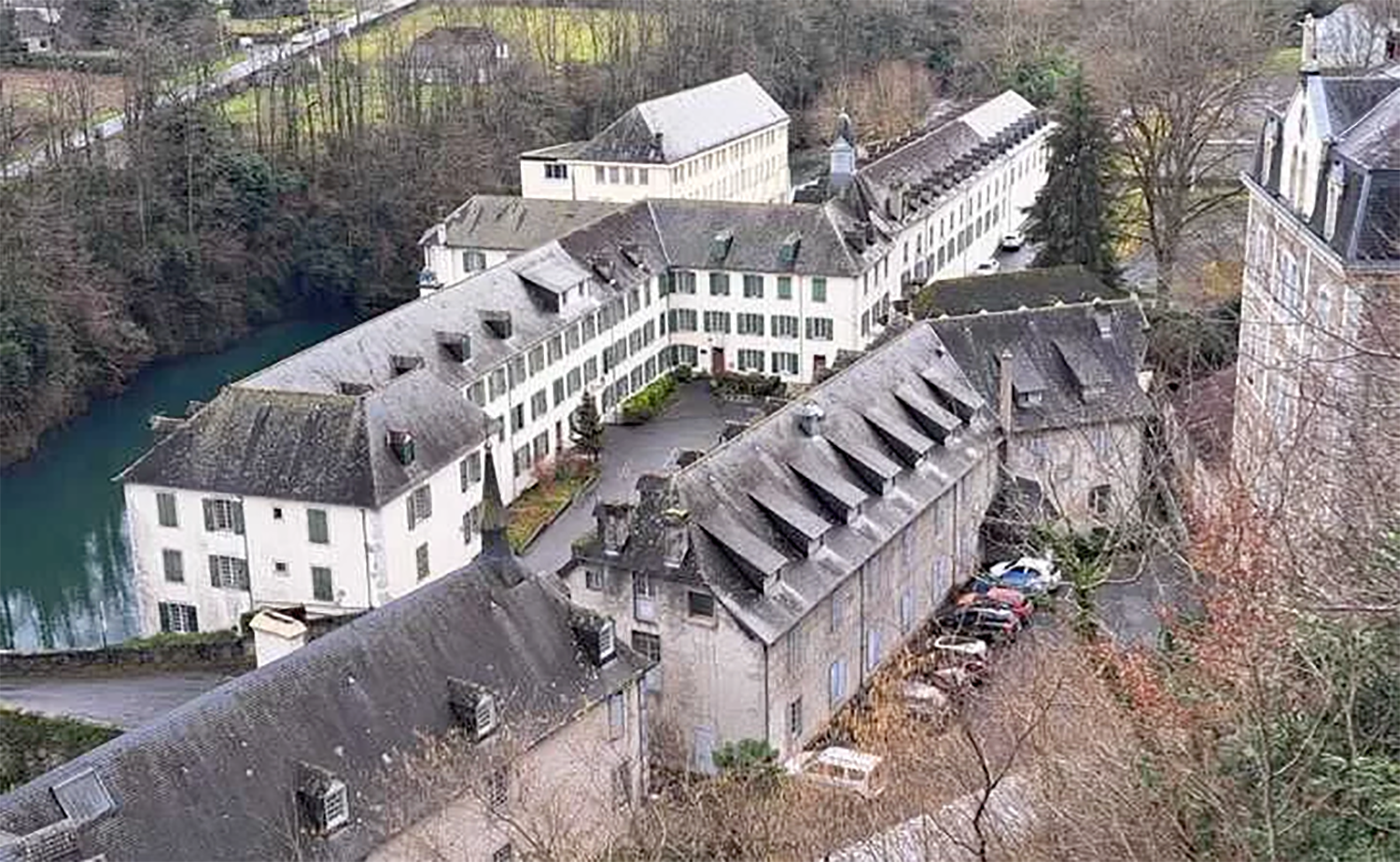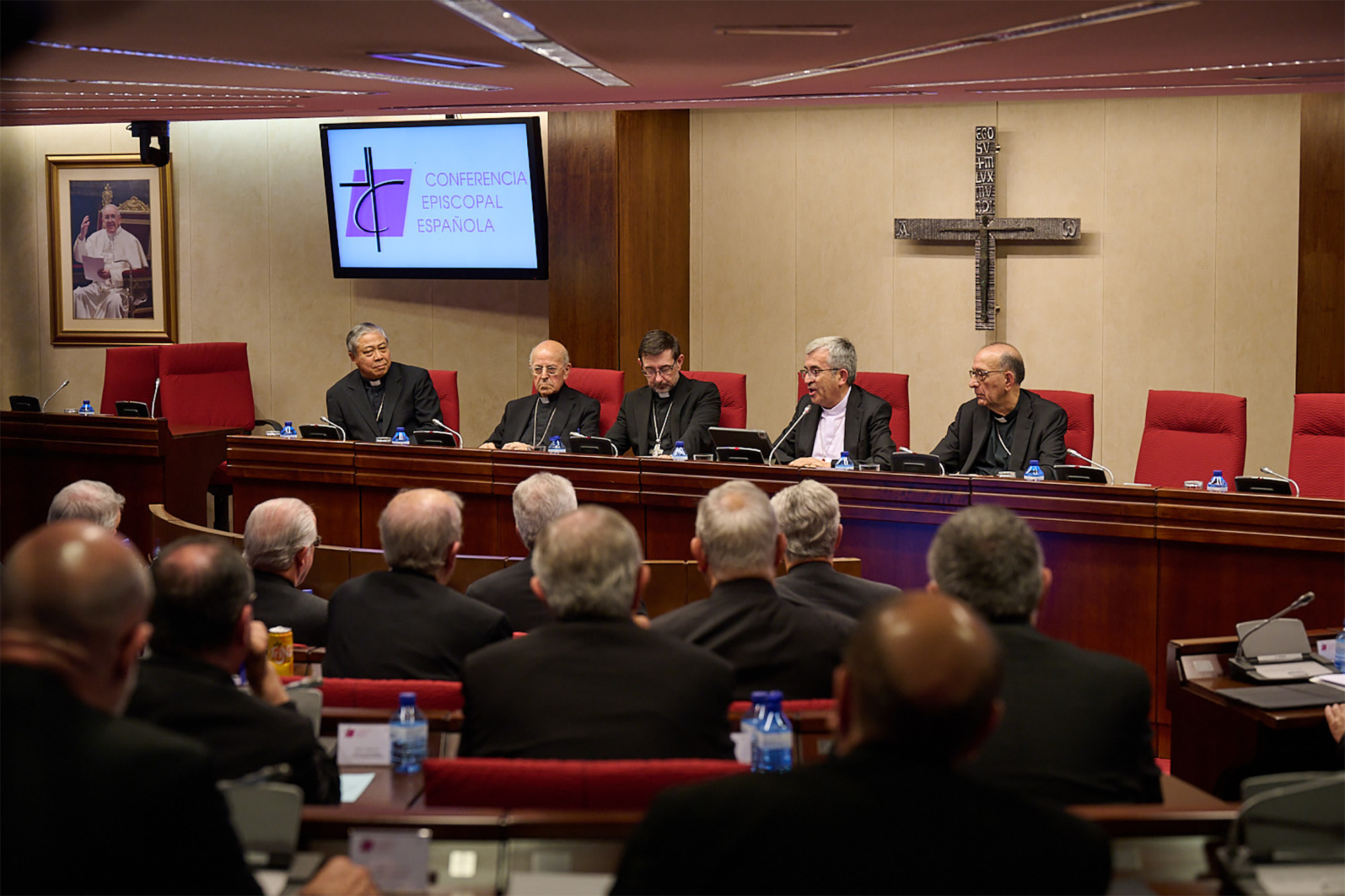The Spanish Catholic Church has earned over EUR 90 million in three years
- 80 per cent of dioceses have made net profits, although they continue to receive large amounts from public revenue sources. The Spanish State has been funding the institution for more than 40 years over the 'economic support it needs' for this purpose.

In the Spanish State, doubts have been raised about the economic support of the Church, as reported by Público in a statement. “Is it appropriate to subsidize a Church with more resources for its functioning? ", said Europa Laica in the study of the latest Report of Ecclesiastical Activities published by the Episcopal Conference on the financial year 2018.
Institutions such as the Court of Auditors have asked the same question and the case has become more relevant, especially in view of the data from the last three reports, namely those of 2016, 2017 and 2018. The Bishopric is currently detailing the consolidated accounts of the 70 Spanish dioceses, with a net profit of 55,700,000 euros in three years. As if that were not enough, an additional EUR 39,000,000 is added, corresponding to the management of the tax allocation. In total, the net revenue obtained amounts to EUR 94,700,000.
According to these documents, the Spanish dioceses entered between 924 and 974 million euros over those years. Expenditure for its part ranged from EUR 908 million to EUR 954 million, respectively. As a result, the sector's revenue was between EUR 16 and 20.3 million.
Efficient company
Slightly less than a quarter of these funds (around 24%) came from the State tax allocation, i.e. from the share that taxpayers put "x" in the income tax confession box. Just over a third (36%) comes through donations and the remaining 40% through commercial, economic and financial activities. The main objectives of the expenditure were: 348 million in wages, 271.7 million in building maintenance and operation, 220.7 million in pastoral activities and 88.9 million for “extraordinary expenses”.
Under the skirt of the State
80% of dioceses had a surplus in 2017 and 60% in 2018. According to the memoirs, for these results, the important amount of public funds received annually from the IRPF is essential: according to their memoirs, between 2014 and 2018, of the 1,290 million received by the Episcopal Conference, 1,004.8 were destined directly to the bishoprists.
The Bishopric’s surplus in the management of public funds, which in advertising allocates more than EUR 4 million per year, reached 39 million in the last three years. The surplus of this surplus of EUR 15.2 million is allocated to a reserve fund, while the surplus of the entire diocese is destined to "reduce the indebtedness generated in previous years".
Eat the word
"How could you have left the bishopric (...) while you're testing the public coffers quickly everywhere? According to the Secular Europe report, "if the surplus exceeds the commitment made to the Catholic Church" is proposed, since the objective of the 1979 Concordato, according to Beltrán de Heredia, was supposedly "to obtain the right economic support" from the Church and not to profit it.
Paris 1845. The Labortan economist and politician Frédéric Bastiat (1801-1850) wrote the satire Pétition des fabricants de chandelles (The Request of the Sailing). Fiercely opposed to protectionism, he ironistically stated that the sailing boats asked for protection against... [+]
Auzoan Bizi Etxebizitza Sareak salatu du Berakah programa beste bi familia etxegabetzen saiatzen ari dela, iaz beste familia batekin egin zuen bezala. Dagoeneko salatutako hauetaz gain, Berakahko kasu gehiago ari dira heltzen etxebizitza sarera. Berakah programa Santa... [+]
Like every year, at the end of April, we have the unavoidable obligation to present our tax return to the Hacienda Foral. And like every year, the Catholic Church, following its eternal line, refills with publicity on all sides to check the church's box. Thus, it would receive... [+]





















